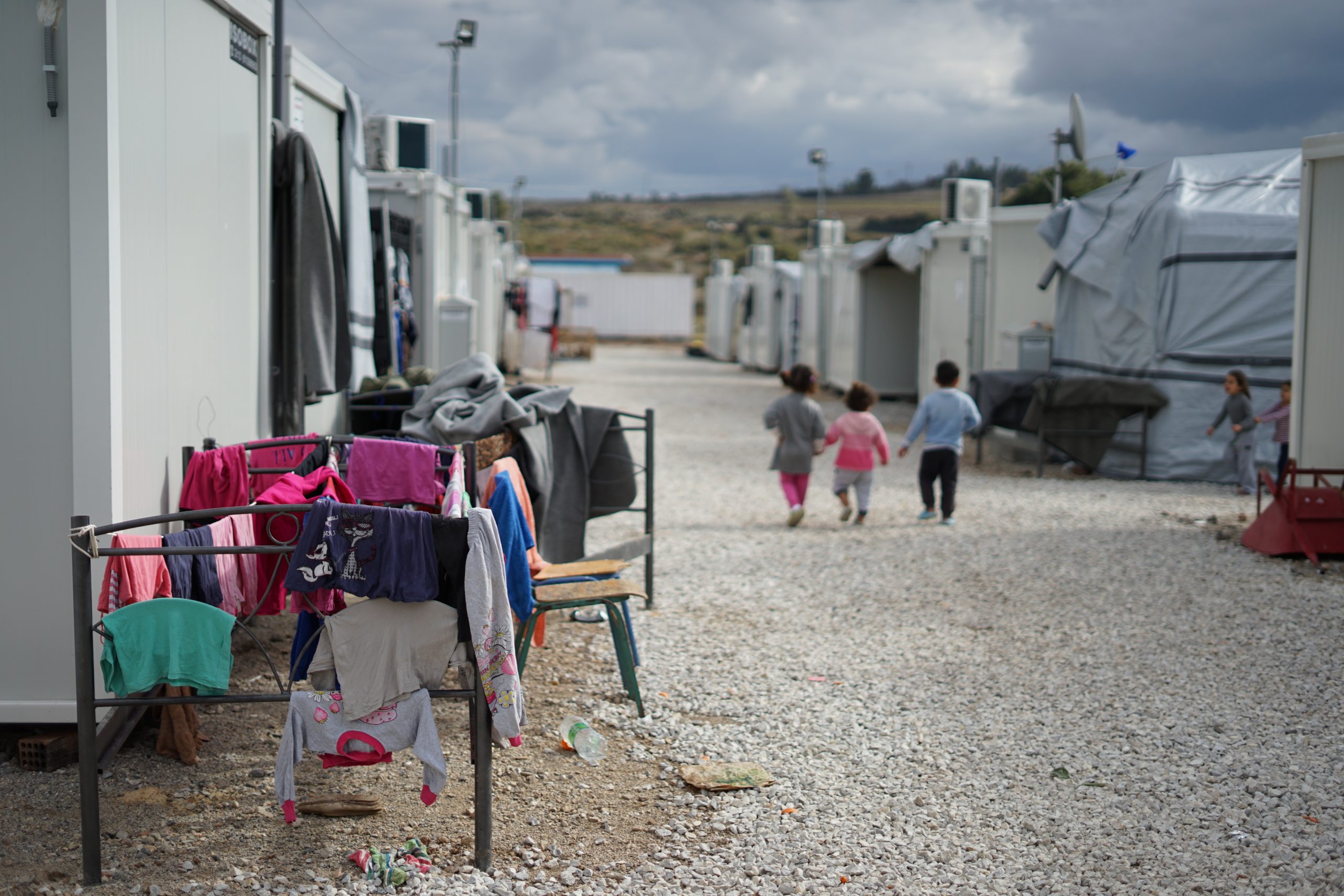
Biden’s executive order a welcome look at “climate migration”
What’s happening? US President Joe Biden has issued an executive order focusing on enhancing refugee resettlement programmes and climate change’s impact on migration. Under the order, administration officials will undertake a six-month study including analysis of how to identify and resettle individuals “directly or indirectly” displaced due to the effects of climate change. In addition, it will assess how US foreign aid can be directed to climate-exposed areas, with these findings anticipated to be publicly released. Biden also noted this would bolster the US’ path to increasing its refugee cap to 125,000 in 2022. (Scientific American)
Why is this significant? Climate change is anticipated to displace as many as 143 million people globally by 2050. Extreme weather events, which are often exacerbated in frequency by global warming, displace almost three times as many people as conflict and almost nine times more individuals than fear of persecution does, according to the Center for Strategic International Studies.
Against this backdrop, Biden’s order has been hailed as significant development, by multiple parties for its potential global influence. Though it is still very much a nascent initiative, it marks a sharp contrast from the last four years, with the US’ restricted capacity for both climate action and refugee resettlement under the Trump administration, as seen with the past rejection of climate refugees displaced by Hurricane Dorian
Why does “climate migration” need to be addressed? Despite their rising numbers, climate migrants lack crucial protections under international law. The UN Refugee Agency has pointed out climate migrants (who are not migrating due to risk of persecution) are not classed as refugees, and hence are unable to access the associated support that refugee status brings.
There is still no international consensus on who should qualify as a “climate refugee”. The complexity of classing climate refugees can be seen in the case of those fleeing specifically from northern regions in Syria to Lebanon. There has been some speculation that climate and severe drought, rather than ongoing political violence, were the predominant drivers for migration from these particular areas – but it can be hard to draw a clear distinction in conflict-afflicted states.
Signs of progress? Last month, a potentially ground-breaking case saw a French court rule against the deportation of a Bangladeshi man with asthma, due to health risks associated with air pollution in his home nation. This is believed to be the first case where the environment was cited in an extradition hearing, but it may well not be the last.
Some points of caution – Concerns have been articulated, including by Refugees International, that any scheme for permanent resettlement of climate migrants in the US could face a challenging path through Congress, even with both houses being under control of the Democrats.
Biden’s initiative may also face turbulent waters amid the wave of nationalism and anti-immigrant sentiment that has periodically swept across Europe and the US in recent years. This has exacerbated the challenge for the UN to get governments to align with existing refugee protocol, let alone expanding it to an entirely new category of refugee.
Further reading:
A New Framework for U.S. Leadership on Climate Migration, CSIS
Climate change and disaster displacement, The UN Refugee Agency


